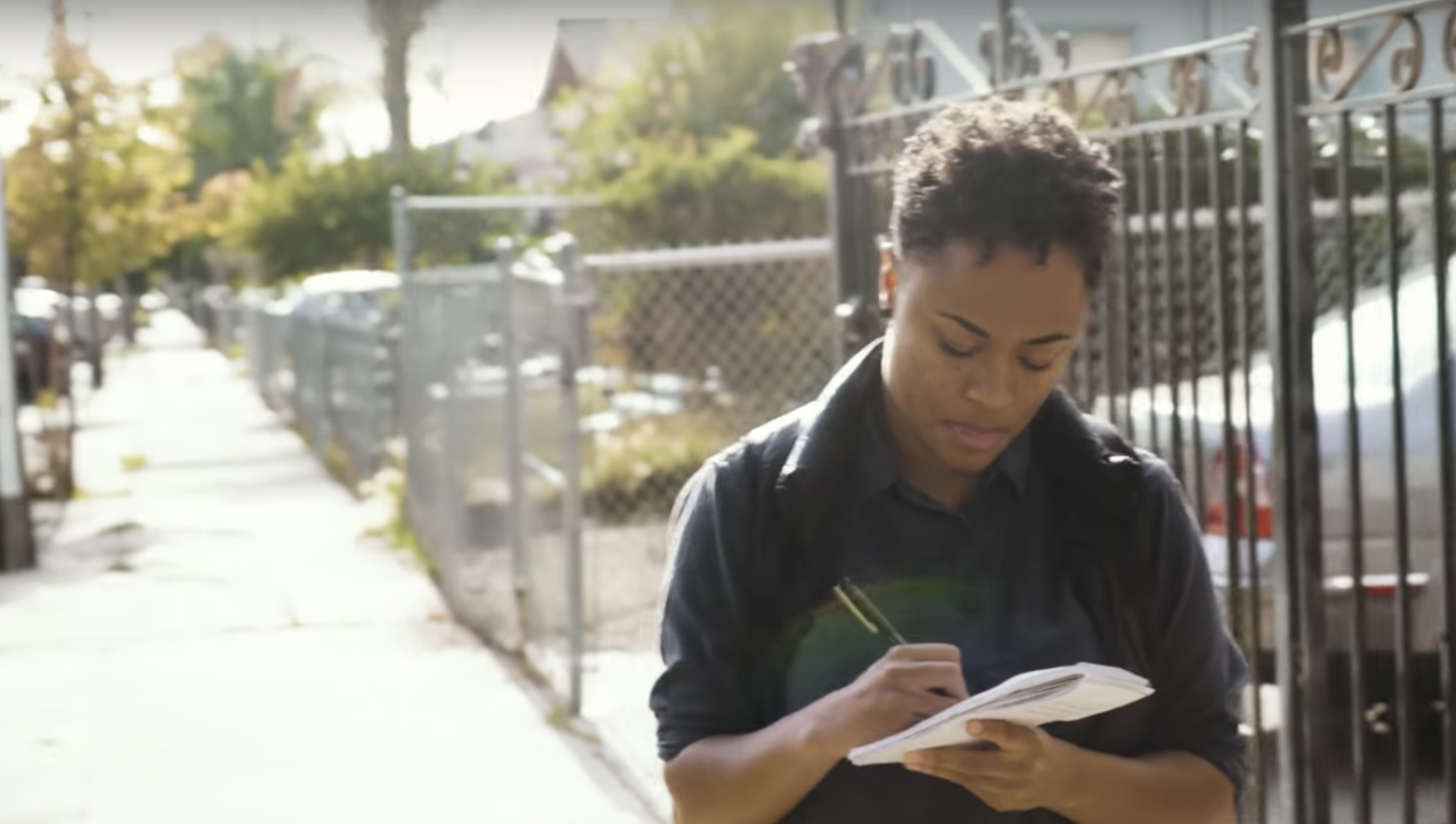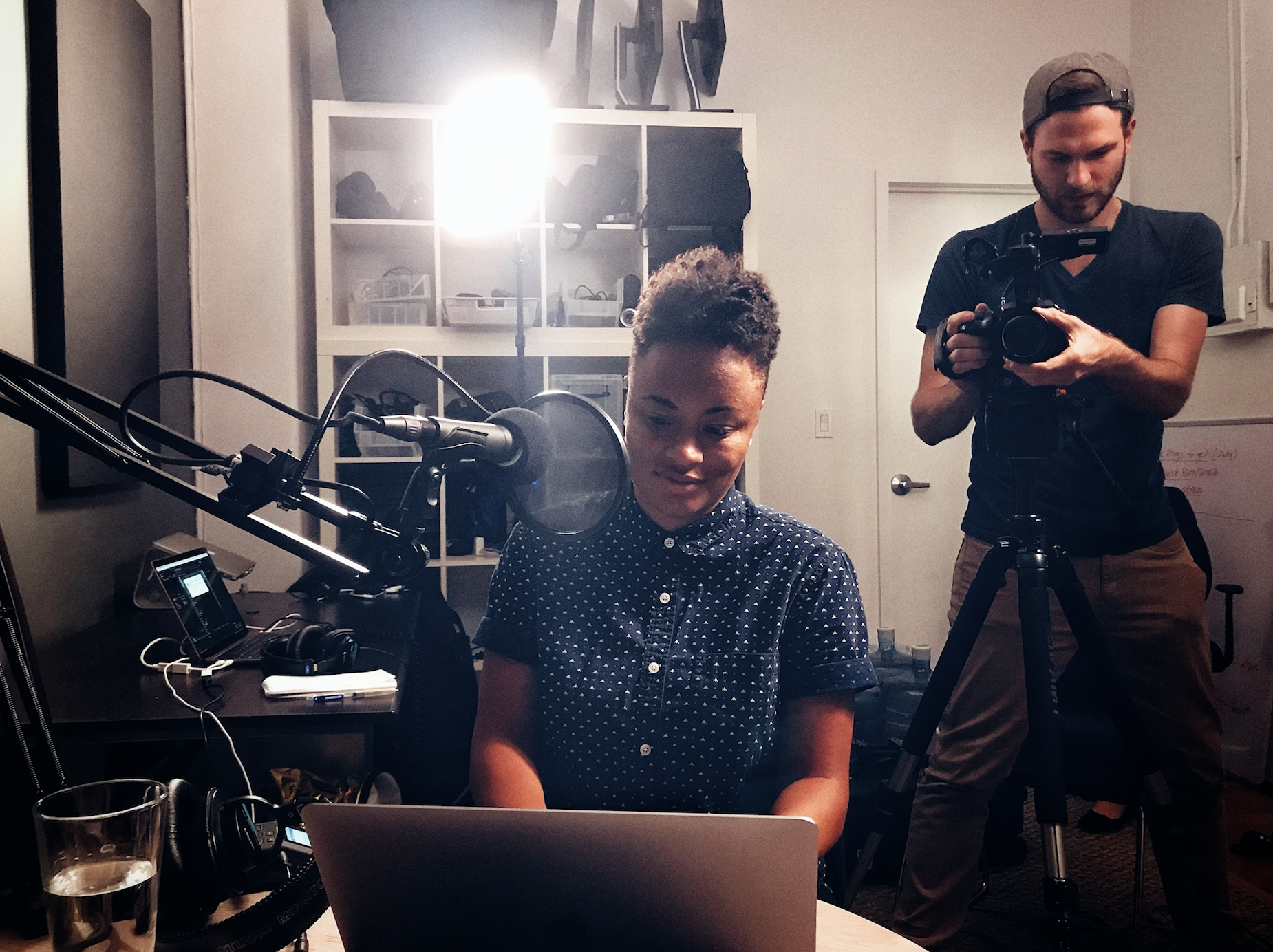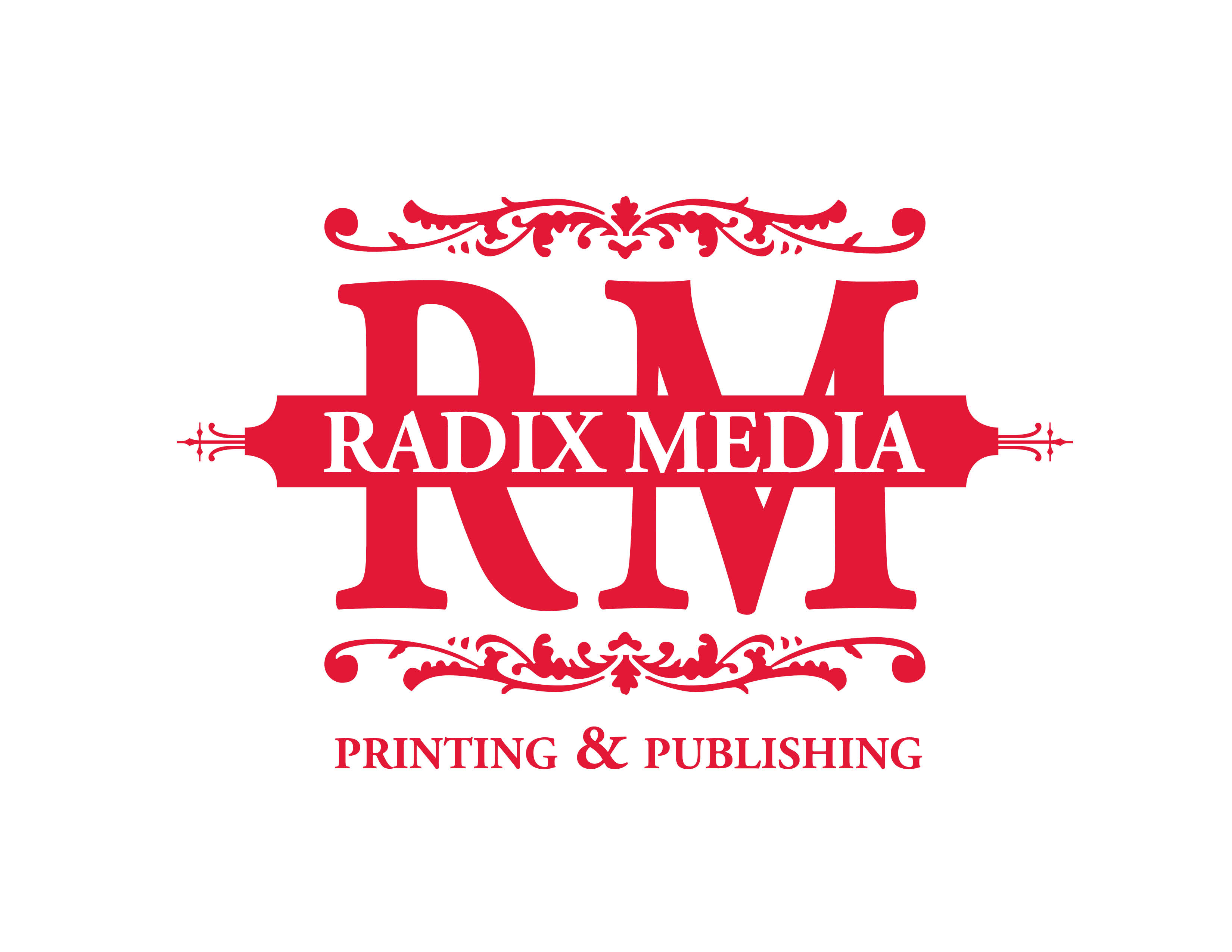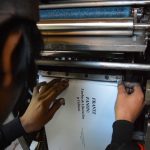amilah King is a Brooklyn-based reporter for Mother Jones magazine, where she writes on race, gender, and culture. She also hosts the magazine’s new podcast, where she digs deep into big stories, but her credentials don’t end there. She was previously a senior staff writer at Mic.com, and a senior editor at Colorlines. I talked with Jamilah about her work and what it means to be a reporter in America today. (Photo above by Quincy Ledbetter.)
You’ve got over 62,000 followers on Twitter. For everyone else who lives under a rock, can you briefly introduce yourself and your work?
I’m a writer who focuses primarily on race, gender and culture. Right now I’m a staff writer at Mother Jones, where a huge part of my work focuses on exploring how black women engage with democracy. I’m also a huge music head, big sports fan, and think a lot about how our current political moment has been shaped by what we’re listening to and what we’re watching.
When I’m not working, I’m usually playing with my animals—my cat, Smarty Cat and dog, Zora—looking for new albums, listening to new podcasts, or taking long, meandering walks with friends.
I first met you during your time at Colorlines, and since then you’ve gone on to work at other well-respected organizations like Mic.com and Mother Jones. How has your work changed with each newsroom you’ve been a part of?
Great question. I started working in journalism in about 2006, when there was urgency to figure out how traditional print media could work with digital. A big plus was that a lot of mostly DIY digital platforms were bringing in new voices—more black folks, people of color, queer, and trans folks. There was this feeling of making journalism more accessible to the masses. Some of the my favorite platforms at the time weren’t even really official publications, just smart people popping off about stuff they liked—Ninoy Brown’s “Fear of a Brown Blogger,” Disgrasian, Daniel Hernandez’s “Intersections”, to name a few. I guess in a lot of ways I consider my first newsroom to be my dorm room, where I started reading a lot of this work, and then started a blog of my own and invited a group of friends to join me.
Over the years, one of the most important relationships I’ve learned to navigate is speed vs. space. Speed being the churn—putting news out there when it happens, making sense of it from a perspective that readers value. That was huge for me at Colorlines and Mic. It’s daunting at first to think about churning out 5-7 short posts each day. It’s also not sustainable long term. But it’s a valuable muscle to build in the short term. It’s important to learn the discipline of speed. And, frankly, it’s a great way to get over yourself as a writer who’s just getting comfortable writing for larger audiences. You can’t sit there and agonize over which words you’re using when the clock is ticking—literally. I did a lot of the quick hit stuff, and it was fun and stressful and I enjoyed it and made a ton of mistakes, but I also learned that it’s all part of the craft.
At Mother Jones, I’ve leaned in to having a bit more space to work with. That means not being expected to churn out as many posts each day, but sitting with a story or an idea, and doing iterative reporting to get to a larger idea, even if you’re not quite sure what that end goal is gonna be. It’s a huge privilege to have space; most newsrooms don’t have the personnel or the money to give writers more than a few days on a story. But right now I’m learning another sort of discipline, which is to always look at the bigger picture. I’m tweeting a lot less these days, and generally less involved on social media, which in this political climate is probably better for my sanity. Both speed and space are useful and have their places in what I consider a journey of my learning the craft of storytelling.

Photo by Al Kamalizad
Speaking of the political climate—one thing that’s changed since we met is the political climate in the United States. You’ve always been on the social justice team, but with Trump sitting in the White House, things feel more dire than ever. What’s it like to be a black journalist in Trump’s America?
I actually think it’s a great time to be a black journalist in America, especially if you’re writing about race. The country is more polarized than I remember it being in a really long time, and one good thing about that for a journalist is that you don’t get stuck in the grey area anymore. I’ve spent my career writing about race and almost feeling like I had to prove that racism was still embedded in people’s hearts and the institutions that we hold dear. With Trump in office, that’s more clear than ever.
Tell us about the new Mother Jones podcast.
The Mother Jones Podcast is a new weekly podcast in which we try to bring to life the best stories from the magazine. It’s been a great experience for me, overall. I’d never done any sort of work in audio, so I’m energized by the prospect of learning this new form of storytelling. I’m also a huge fan of podcasts generally, so it’s been cool to sort of pull back the curtain and see how it all works. My executive editor James West is a really warm and patient guide who started out producing a daily morning radio show in Australia, so it’s also been great to soak up his expertise.
Correct me if I’m wrong, but it seems like Mother Jones is the first publication you’ve been on staff at that still has a print edition. How does the ink on paper affect your reporting, versus being on the web?
Quiet as it’s kept, I started writing for Colorlines back in 2009, when there was also a print edition! But I wasn’t involved in the production of the magazine at all, so Mother Jones is absolutely the first place where I’ve been on staff and thinking through how stories would work better in print versus just online.
The biggest difference is timing. The magazine closes months before it’s shipped to subscribers and hits newsstands, so editors are constantly thinking 6-9 months in advance. As a reporter that means that I have to be really disciplined about thinking of how and why a story will evolve in the the future. From a practical perspective, it also means that I almost have to be a bit more removed from the day-to-day churn of the news and social media, or else I’d get distracted and be reacting a lot more in my writing and reporting.

Photo by James West
You’re originally from San Francisco. What’s the thing you miss the most about the Bay Area?
I’ve been in New York for seven years, so I’ve kinda learned to live with missing the more immediate anchors like friends and family. But the thing I miss most about San Francisco at this point are the mornings. Waking up to the fog horns in the distance. The fog sort of hovering over everything, and the city waking up as that fog dissipates just a little. In high school I’d have to walk down Haight Street toward Golden Gate Park really early in the morning to catch a bus across the city, and I loved feeling like I was in on something. By then the Haight was a huge tourist draw, and during the day the streets were always teeming with people, but that early in the morning, everything was quiet and serene, and it was one of those things that made me feel like the city was mine.
What do you have coming up, and how can people stay up to date on your work?
I’ve got a big story I’ve been working on for a while coming out in November. Stay tuned. And right now I’m looking at Cat Brooks’s run for Mayor of Oakland and Lucy McBath’s run for Congress in Georgia’s 6th congressional district. Plus some exciting profiles of artists I really admire coming up in 2019.
The best way to follow my work is to keep up with me on Twitter and Instagram. And, of course, by subscribing to Mother Jones Magazine and the podcast.
Community Spotlight is a blog series that seeks to connect people and build power. Each post will feature a person or organization doing great work in their community and fighting for a more just world. We interview writers, illustrators, podcasters, filmmakers, activists, and more. Subscribe today and let’s start building together.





